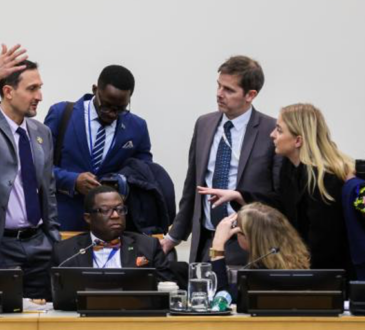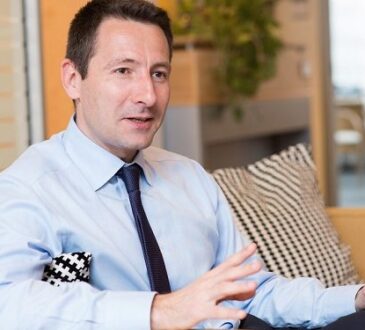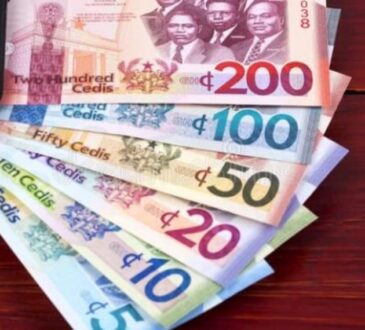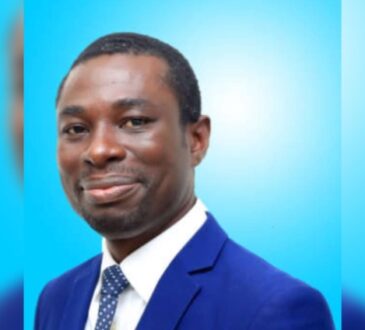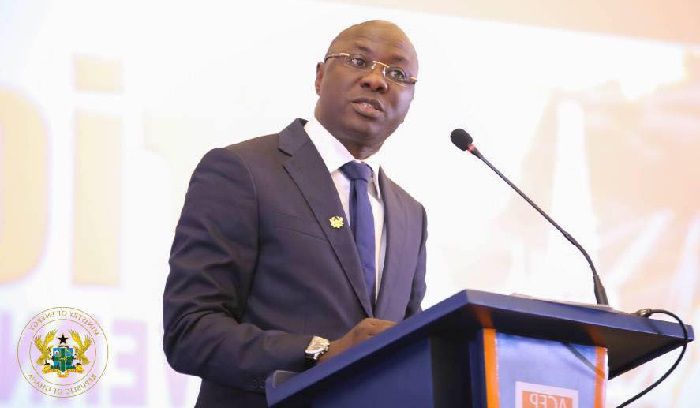
Ghana’s new finance minister pledged to implement an International Monetary Fund program and stick to reforms being implemented in the energy and banking industries.
In his first public comments a day after being appointed to the post, Mohammed Amin Adam also said his government would expedite talks with the World Bank for more funding. Adam replaced Ken Ofori-Atta in a cabinet reshuffle announced by President Nana Akufo-Addo on Wednesday.
“I want to assure the IMF and the investor community that I will make sure that the program continues to be on track to and fulfill all our commitments including the reforms in the energy and financial sectors in the program,” Adam said in remarks broadcast on Citi FM radio in the capital, Accra, on Thursday. “We are also about to negotiate with the World Bank for the Development Plan Operation, which will see to disbursement of almost $1 billion.”
Ghana embarked on a restructuring of most of its public debt in December 2022 to qualify for a $3 billion bailout from the IMF. The country received an initial disbursement of $600 million when it agreed to the program in May, and a second tranche of the same amount in January after reaching a deal with bilateral creditors to restructure its loans.
Ghana’s government is implementing reforms in the financial sector aimed at ensuring banks are recapitalized after they were pushed into losses by the government’s domestic debt revamp. It’s also seeking an overhaul of unpaid bills to independent power producers and taking steps to curb losses in the energy industry.
Ghana’s 10-year debt fell again on Thursday, extending their losses to a sixth day — the longest losing streak since October — amid investor concerns that the changes at the Finance Ministry cloud the outlook for the nation’s debt talks. The government has set a deadline of end-March to secure an agreement on restructuring its Eurobonds with private creditors.
The 2032 bond dropped 0.4% to 44.35 cents on the dollar by 1:15 p.m. in London.
Adam, 49, previously served as deputy minister of energy before he was appointed minister of state at the Finance Ministry. He holds a doctorate in petroleum economics from the Centre for Energy, Petroleum & Mineral Law and Policy at the University of Dundee in the UK and both master’s and bachelor’s degrees in economics from the University of Cape Coast.
–Bloomberg




